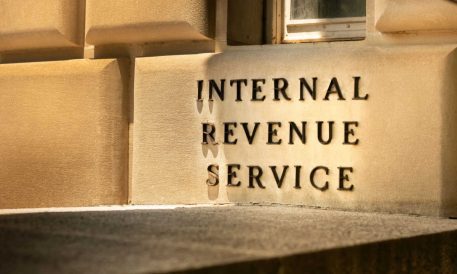
The U.S. Department of the Treasury and the Internal Revenue Service (IRS) have proposed regulations that aim to “close the tax gap” in the sale and exchange of digital assets.
These regulations, part of the Biden Administration’s efforts to implement the Infrastructure Investment and Jobs Act (IIJA), seek to provide information on the amount owed by taxpayers and crack down on tax cheats, the Treasury Department said in a Friday (Aug. 25) press release.
“This is part of a broader effort at Treasury to close the tax gap, address the tax evasion risks posed by digital assets and help ensure that everyone plays by the same set of rules,” the agency said in the release.
The proposed regulations, which are open for public comment until Oct. 30, aim to subject brokers of digital assets to the same information reporting rules as brokers for securities and other financial instruments, according to the release.
By requiring brokers to report specific sales and exchanges of digital assets, these regulations aim to provide taxpayers with a clearer understanding of their tax obligations and simplify the process of calculating taxes without having to seek expensive digital asset tax preparation services, the release said.
To facilitate the determination of tax liabilities associated with digital asset transactions, the proposed rules introduce a new Form 1099-DA, per the release. Brokers would be required to provide this form to taxpayers, ensuring equal treatment and eliminating preferential treatment between different types of assets.
The proposed regulations would be phased in gradually. Brokers would start reporting information on digital asset sales and exchanges in 2026 for transactions occurring in 2025, according to the press release.
Written comments on the proposed regulations will be accepted until Oct. 30. Public hearings have been scheduled for Nov. 7 and, if there are more requests to speak than can be accommodated in one day, Nov. 8, per the release.
The IRS reported in September that it had “stepped up” its pursuit of taxpayers who haven’t reported and paid taxes on cryptocurrency transactions by getting a court order to gain access to a bank’s data relating to customers who used a digital currency broker.
PYMNTS
